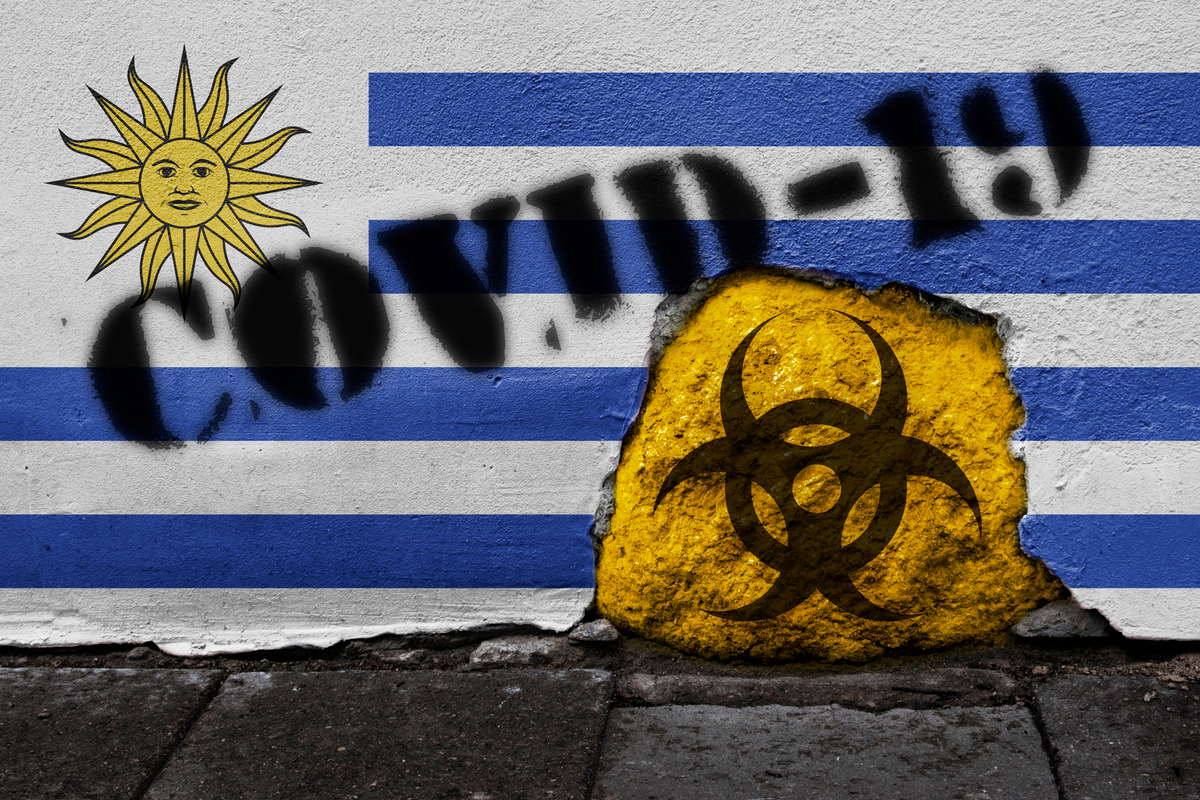RIO DE JANEIRO, BRAZIL – In Uruguay, the saturation of intensive care beds due to the resumption of activities after the holidays and the possibility that this means more infections of Covid-19said this Thursday the scientist Fernando Paganini, a member of the Government’s Honorary Scientific Advisory Group (GACH).
“It is not ruled out that CTI beds (Intensive Treatment Center) are saturated because the activity is going to resume,” said the specialist, coordinator of the GACH’s Area of Models and Data Science, in the radio program En Perspectiva.

As of Wednesday, January 20th, the occupancy of the 761 CTI beds nationwide was 56.1 percent; Likewise, 13.9 percent of the total occupation (106 people) corresponds to patients hospitalized for Covid-19, reported the Uruguayan Society of Intensive Medicine union on the social network Twitter.
This means that Uruguay currently has 334 ITC beds available.
However, Paganini explained that « to grow to an order of 200 or 300 (ICC patients with Covid-19), which is what is considered saturation conditions, a certain phase of exponential growth “of cases of respiratory disease would have to be resumed.”
Brake on Growth
The expert highlighted the “slowdown in growth” of cases of Covid-19 registered in the last weeks.
“We are confident that this wave, with current conditions, does not continue to grow; what worries us are the conditions that may change,” he said.
In mid-December, Uruguay entered its first wave of Covid-19, as indicated by GACH scientists, due to the increase in cases, when a record of 533 infected daily was reached, and this upward trend continued until mid-January.
On January 10th there was a record of 1,215 new cases in one day, but in recent days the number of daily infected began to decline, although the positivity rates (number of positive tests over the total number of tests performed) remain high; on Wednesday, with 857 cases, the rate was nearly 11 percent.
“It would give us more peace of mind if the positivity were lowered to four percent. There would be an intermediate value that would be seven percent, it is a parameter that would be to say at least we are there,” Paganini said.
Doctors on Alert
61 percent of doctors in 18 of the 19 departments of Uruguay (except the capital, Montevideo) alert that the health services in which they work are “overloaded”, according to a survey by the Interior Medical Federation (FEMI), reports the local newspaper El País.
Meanwhile, 36 percent say they are being able to carry out their tasks “normally”; 2.6 percent believe that the system is “almost saturated”, and 0.4 percent that “it is totally overwhelmed, without personnel, material, or available beds.”
Thus, 89 percent of the doctors consulted stated that they are “concerned” (44 percent) or “very concerned” (45 percent) about the health situation, while five percent say that this is alarming and out of order. control; at the other extreme, six percent say they are calm.
Since the first cases were detected in the country on March 13, Uruguay have been infected with the new coronavirus (cause of the disease Covid-19) 34,294 people and 336 have died, in a population of just over 3.2 million inhabitants

